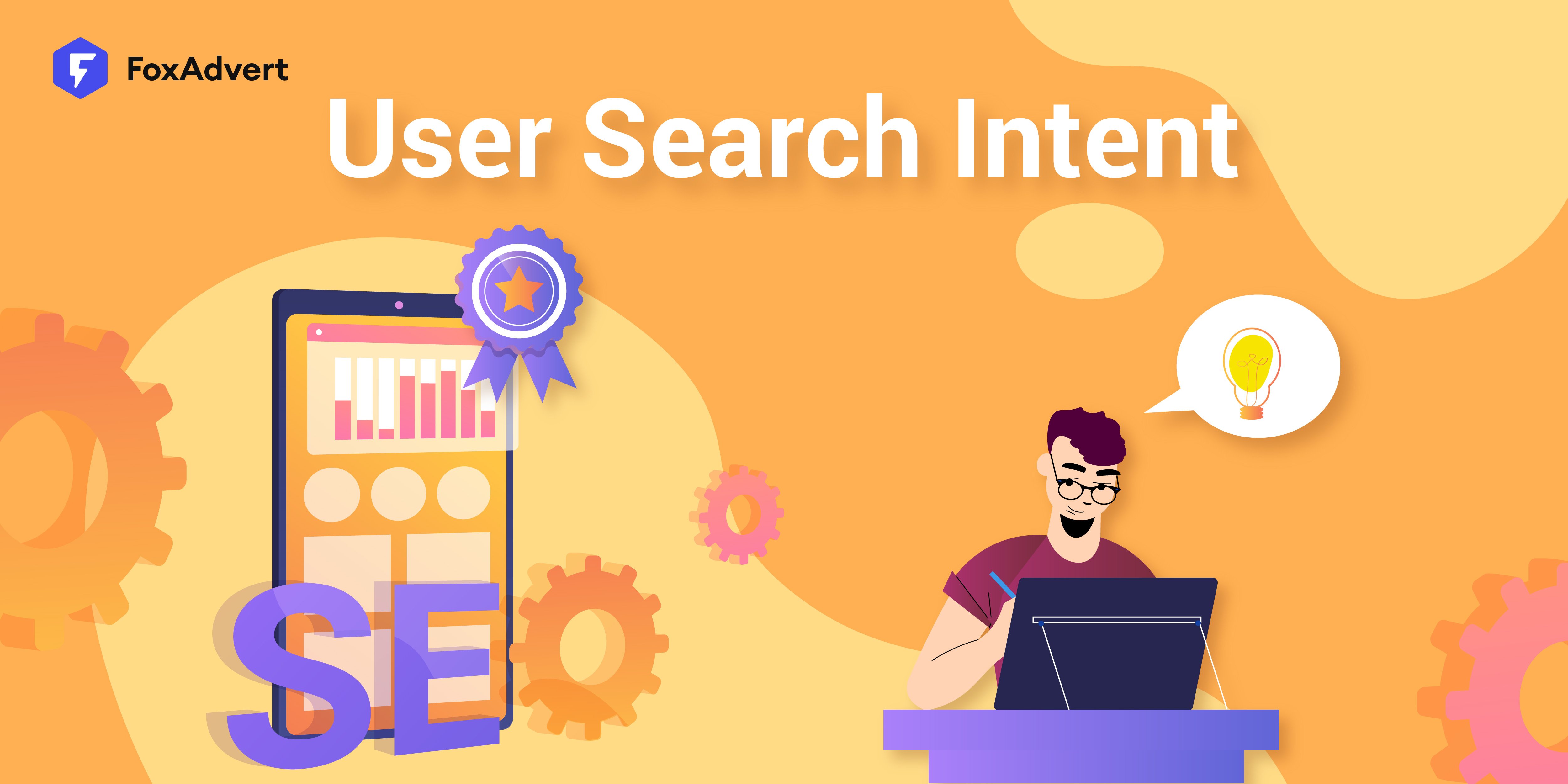
Some may question, why are we still talking about search intent in SEO in 2025? The truth is, search intent must be emphasized repeatedly, all the time. Why? All we need to understand is one thing: What is Google's core goal? It’s to bring more users and keep them engaged!
Think about it. If users don’t find what they’re searching for, they won’t just bounce from your site—they’ll lose trust in Google itself. If that happens on a large scale, Google risks losing market share (and revenue) to competitors. That’s why Google works tirelessly to deliver the best answers to user queries, and as marketers, our job is to align with this goal.
Over the years, Google has continuously optimized its ranking algorithms, and to retain users, Google must always put users first—understanding what they think and what they need. Likewise, to gain higher organic traffic and better rankings, we must prioritize user search intent and stay vigilant.
So, how can we better understand search intent than our competitors and optimize SEO effectively? Let’s break it down step by step.
All searches fall into one of four categories of intent: informational, navigational, transactional, and commercial investigation. Each represents a unique opportunity to connect with your audience.
When users search with informational intent, they’re looking for answers. These aren’t buyers—at least not yet. They're explorers, seeking to learn or solve a problem. Think of searches like:
● “How does machine learning impact SEO?”
● “What are the best SEO strategies for 2025?”
To rank for these queries, your content must go beyond surface-level answers. Google rewards depth, clarity, and relevance.
How to Win Here:
● Create in-depth, authoritative content that addresses users' questions comprehensively.
● Use clear, scannable headings and structured data (like FAQ schema) to increase visibility.
● Target featured snippets by directly answering common questions in your content.
Navigational queries occur when users know where they want to go but need help finding the exact destination. For example:
● “FoxAdvert blog”
● “FoxAdvert SEO service page”
If users can’t easily find your site when they’re looking for you, that’s a problem. Worse, competitors may use PPC or SEO tactics to hijack your branded queries.
How to Win Here:
● Dominate branded searches by ensuring your site ranks first for your name and key products.
● Optimize your Google My Business profile, social media pages, and other online touchpoints.
● Monitor branded keywords to guard against competitors’ encroachments.
Users with transactional intent are close to making a decision. These are high-value searches, often including terms like “buy,” “best,” or “discount.” Examples:
● “Buy SEO tools online”
● “Top SEO agencies near me”
Here’s the catch: transactional intent isn’t just about making a sale. It’s about creating confidence. Are you helping users feel secure in their decision to choose you?
How to Win Here:
● Build conversion-optimized landing pages with clear CTAs and trust signals (like reviews).
● Use product and review schema to make your offerings stand out in search results.
● Offer pricing transparency and guarantees to eliminate friction.
Users in this stage aren’t ready to buy—they’re comparing their options. Think:
● “Best SEO tools for startups”
● “Top SEO platforms vs. all-in-one solutions”
This is your chance to shine. The key here is providing value while showcasing what sets you apart from competitors.
How to Win Here:
● Create comparison guides that highlight your strengths without bad-mouthing others.
● Leverage social proof with customer testimonials, case studies, and success stories.
● Offer free trials or demos to reduce the barrier to entry.
Over the years, Google has doubled down on its commitment to understanding and satisfying user intent. Features like MUM (Multitask Unified Model) and advancements in AI allow Google to interpret queries more deeply than ever.
For marketers, this means one thing: The days of keyword stuffing and basic optimization are over. Winning in 2025 requires a nuanced understanding of user behavior and a laser focus on delivering content that matches the intent behind the query.
Here’s a sobering thought: if you’re not aligning your SEO strategy with search intent, someone else will.
a. As user behavior evolves, so does search intent. Monitor trends and adjust your strategy accordingly.
Understanding search intent is no longer optional—it’s the linchpin of successful SEO in 2025. By focusing on what your users want, not just what search engines require, you’ll position yourself for long-term growth.
At FoxAdvert, we specialize in turning intent-driven insights into actionable strategies. Whether it’s creating content that resonates, optimizing for higher conversions, or leveraging data to fine-tune campaigns, we help businesses unlock their potential in a competitive digital landscape.We offer three tailored SEO services: Standard, Advanced, and Customized—there’s always one that suits your needs.
Ready to master search intent and elevate your SEO game? Let FoxAdvert guide you through a world where user needs meet unmatched expertise. Contact us today to start transforming your strategy.